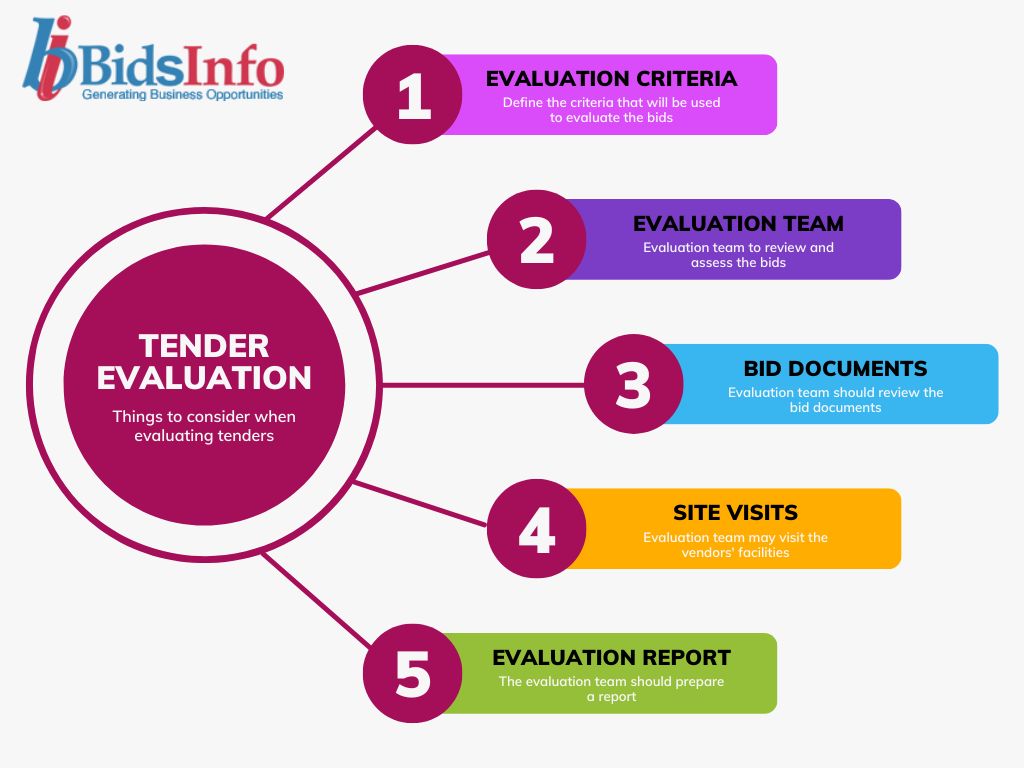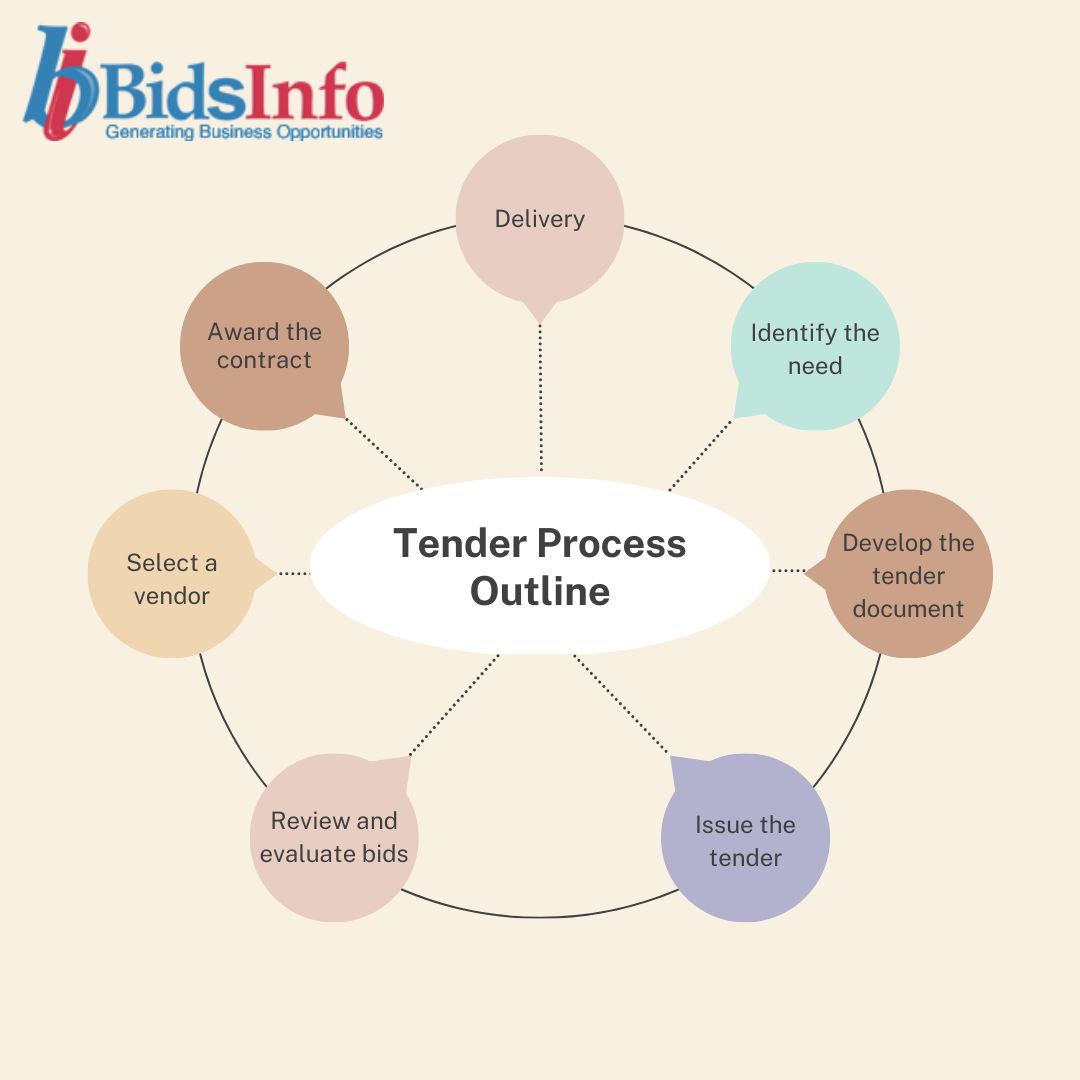Tender Evaluation: It's Not as Difficult as You Think
Key things to consider when evaluating tenders: Evaluation criteria, Evaluation team, Bid documents, Site visits, and Evaluation report.

Tender evaluation is the process of reviewing and assessing proposals or bids submitted in response to a tender. The purpose of the evaluation is to determine the most suitable vendor to award the contract to, based on factors such as price, quality, and delivery schedules.
Here are some key things to consider when evaluating tenders:
-
Evaluation criteria: The organization issuing the tender should define the criteria that will be used to evaluate the bids. These may include factors such as price, technical capabilities, delivery schedules, and any other relevant considerations.
-
Evaluation team: The organization should appoint an evaluation team to review and assess the bids. The team should be composed of individuals with relevant expertise and experience.
-
Bid documents: The evaluation team should review the bid documents submitted by the vendors, including any technical proposals, price quotes, and delivery schedules.
-
Site visits: In some cases, the evaluation team may visit the vendors' facilities to assess their capabilities and capacity to fulfill the contract.
-
Evaluation report: The evaluation team should prepare a report summarizing the findings of the evaluation and recommend a vendor for the award of the contract.
It is important for the evaluation process to be transparent, fair, and unbiased, and for the evaluation team to follow established procedures and guidelines. The organization should also communicate the results of the evaluation to all bidders, including the reasons for the selection of the chosen vendor.


